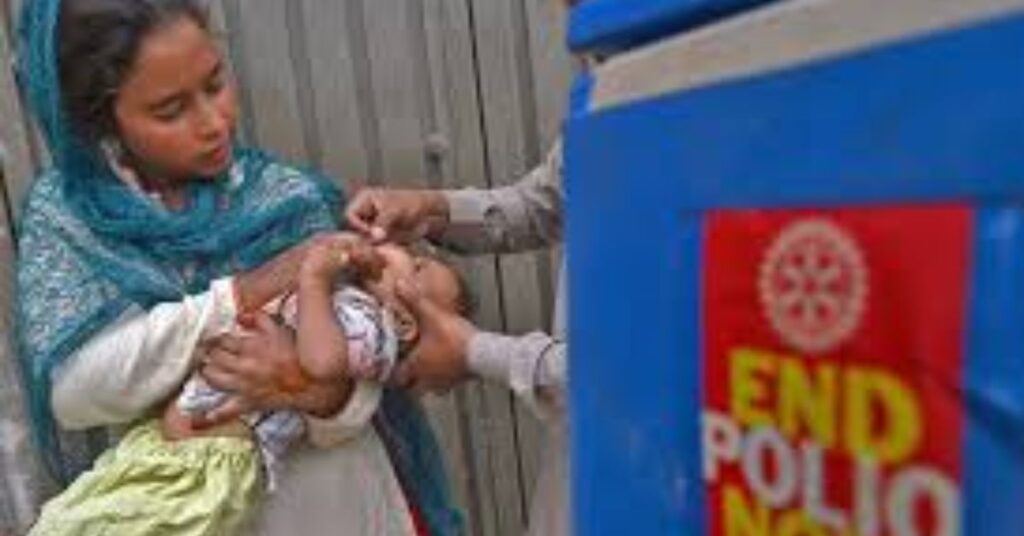JEHLUM VALLEY (Kashmir English): The absence of ambulance services in Jhelum Valley’s Pahal Sangar North Union Council has once again proved fatal, as three people lost their lives due to an unfortunate delay in medical assistance.
According to reports, two women lost their lives during childbirth. Another patient suffering from a ruptured appendix passed away due to a delay in medical assistance. Residents express worry over the severe shortage of healthcare facilities in the area. They also highlight how this has been a persistent issue throughout the years.
The local residents have voiced their understandable anger and frustration over the lingering danger, claiming that an ambulance is available in the area but is not being provided to the public. According to complaints of the people, the ambulance remains parked at the District Health Officer’s (DHO) office instead of being used for emergencies and serving the people as it should.
The ambulance is there, yet it is not being allowed to serve the people who desperately need it calling the local residents. If the ambulance had been available, it could have served its purpose and saved more lives.
This negligence has sparked outrage in the community. The residents are demanding quick action to ensure that ambulance services are fully operational, hoping that further unfortunate events of the sort can be avoided.
The locals of Jehlum Valley Azad Jammu and Kashmir (AJK) have urged the authorities to address the issue and take appropriate required steps so the ambulance can start to operate for the locals again instead of sitting at the DHO office. The citizens desperately demand action to be taken to make the ambulance functional for the people again.
The locals stress the fact that the operation of the ambulance will improve the availability of healthcare in the region, providing the service on time and even to remote areas. Local authorities have yet to respond to the public’s outcry, but the demand for action continues to grow along with the fear of more such unfortunate events to occur.




